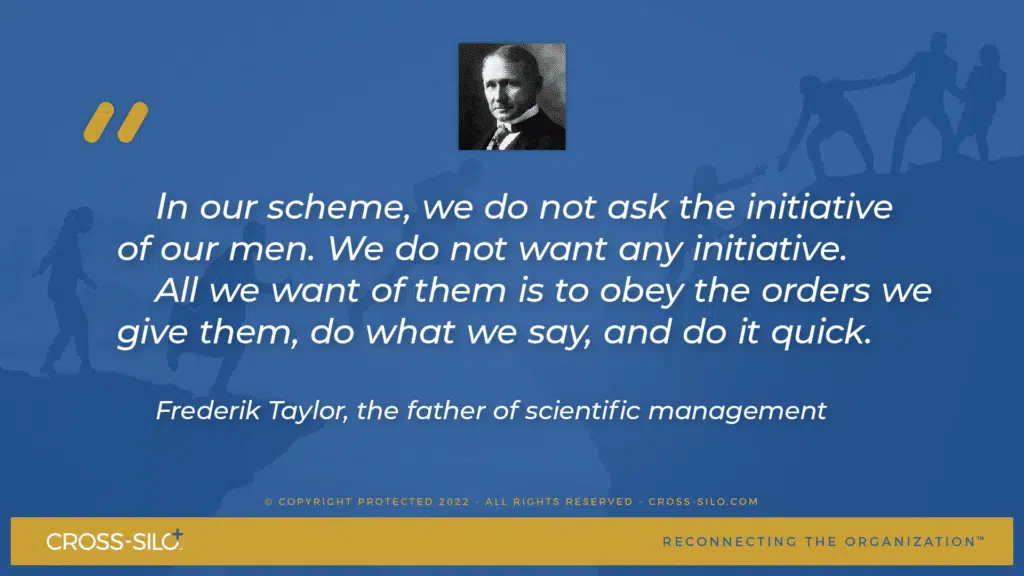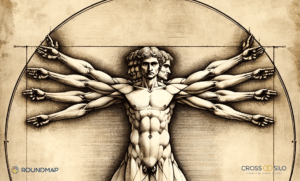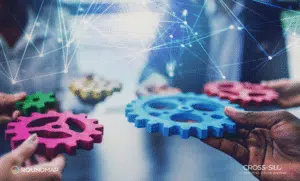Tesla and SpaceX founder Elon Musk says the biggest problem with corporate America today is that too many business school graduates are running the show.
“I think that there might be too many MBAs running companies,” Musk said Tuesday at the WSJ CEO Summit.
Investor Peter Thiel, in an interview for The Portal by Eric Weinstein, made the following remark on education: “You can be narrowly specialized. And if you’re interested in other things, you better keep it to yourself and not tell people, because if you do, [..] you must not be interested in what you’re meant to study or teach.”
“There should be more focus on the product or service itself, less time on board meetings, less time on financials. A company has no value in itself. It only has value to the degree that is [an] effective allocator of resources to create business services that are of a greater value than the costs of the inputs,” Musk said.
This thing they call “profit,” Musk added, “should just mean over time that the value of the output is worth more than the inputs.”
Musk said the biggest mistake he has made as a leader of both Tesla and SpaceX was spending too much time in meetings looking at PowerPoints and spreadsheets, instead of being out on the factory floor.
“When I go spend time on the factory floor or really using the cars or thinking about the rockets…that’s where things have gone better,” Musk said at the WSJ summit.
He finds that if he is engrossed in the issues’ details, it boosts morale and his team is “more energized.”
Musk urged CEOs to “get out there on the goddamn front line and show them that you care and that you’re not just in some plush office somewhere.”
Additionally, a recent story by Robert Skidelsky adds to the remarks made by Musk and Thiel: “Economics is the study of economizing, or using the least amount of time and effort to produce the greatest amount of satisfaction. The more we can economize on the use of scarce resources, the more “efficient” we are said to be in getting what we want. Efficiency is a prized goal because it literally cheapens the cost of living. Cheapness in obtaining the goods and services we want is thus the key to a better life.”
Cheapness and innovation aren’t the best of friends: “Economists are normally keen to speak of trade-offs. But they have been strangely blind to the need to trade off efficiency for sustainability – that is, to broaden their concept of efficiency to one of efficiency over time. This is largely due to contemporary economists’ equilibrium models that make no provision for time and regard the future as simply an extension of the present. What is efficient today will be efficient tomorrow and always.”



























